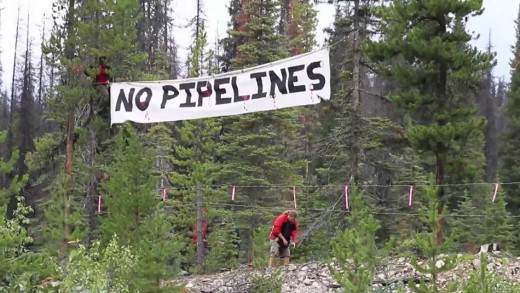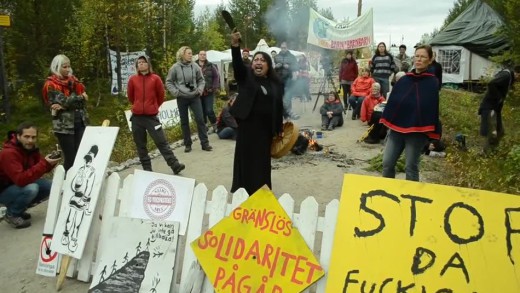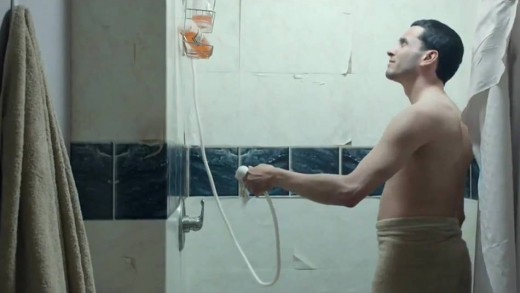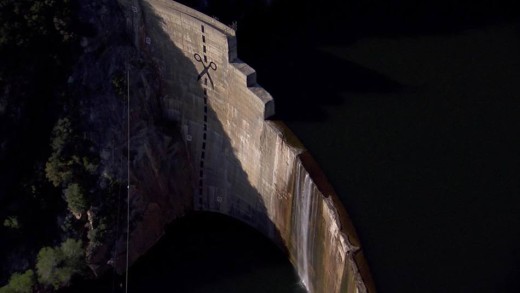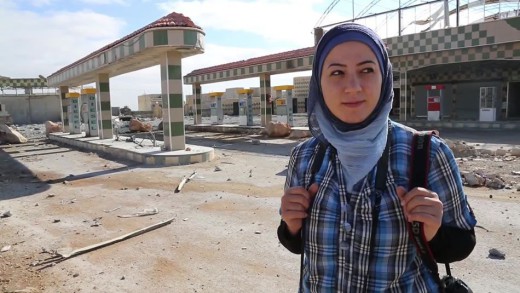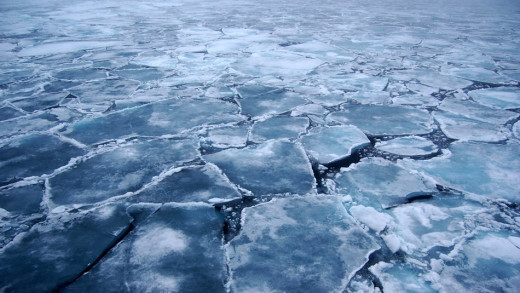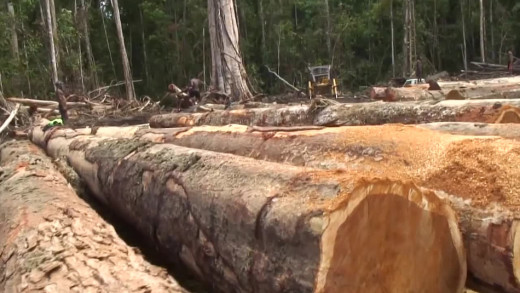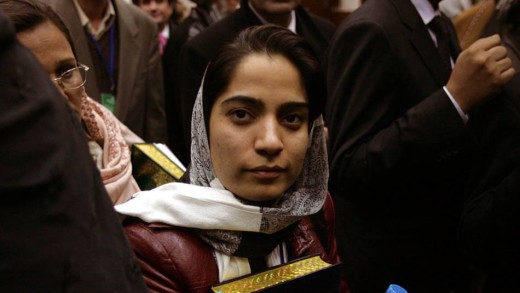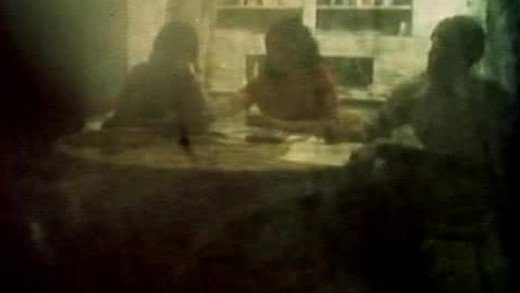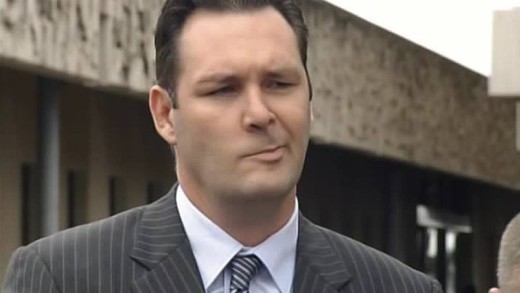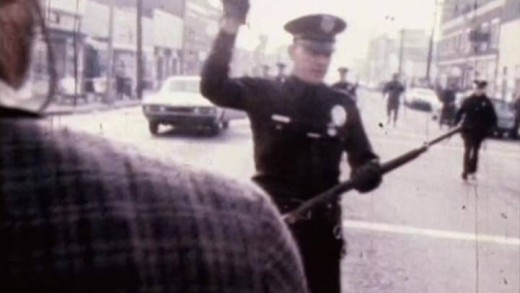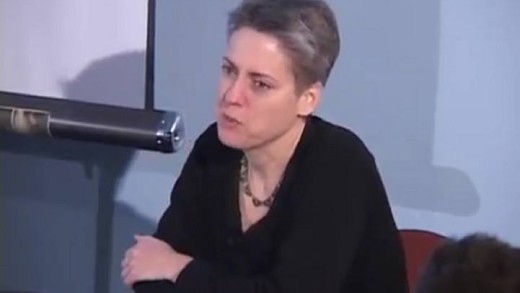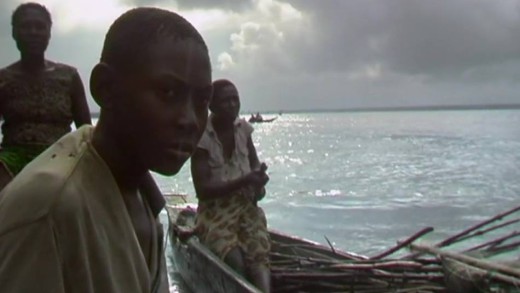For the past four years Submedia has been visiting a camp of the Unist'ot'en of the Wet'suet'en Nation in so-called British Columbia in Canada. The Unist'ot'en continue to fend off intrusions to their land by rapacious oil and gas companies. The threats are large and systemic and involve the very base of life itself. This two-part series of short films document the direct actions that are effective in keeping the threats of oil and gas out. Stopping the corporations physically is paramount, as they'll stop at nothing...
During the summer of 2013, a new area of occupied Sápmi (the northern parts of Fennoscandia in Europe) were under attack from the mining industry. If it were not for groups of brave resisters, the test blasting outside Jokkmokk in Lapland, Sweden, would have gone by without incident. The local Sámi people would have once again been exploited, and future generations poisoned without even a debate. But this time, something happened. The Gállok Rebellion tells the story of the resisters in Gállok, and shines a light on views which are not often televised. The film collates the efforts of many groups working together and serves as a call to action, to continue to protect the natural world which is under siege.
Would any sane person think dumpster diving would have stopped Hitler, or that composting would have ended slavery or brought about the eight-hour workday; or that chopping wood and carrying water would have gotten people out of Tsarist prisons; or that dancing around a fire would have helped put in place the Voting Rights Act of 1957 or the Civil Rights Act of 1964? Then why now, with all the world at stake, do so many people retreat into these entirely personal "solutions"? Why are these "solutions" not sufficient? But most importantly, what can be done instead to actually stop the murder of the planet?
DamNation
Travelling across North America, DamNation investigates the growing change in national attitude from strange pride in big dams as domineering engineering projects, to the growing truthful awareness that dams have always been the great killers of rivers, wildlife, the salmon, the forests, coastlines, watersheds. Life is bound to water and health of rivers, and now, dam removal in many forms—including Monkey Wrenching—is reclaiming that life and spreading. Where dams come down, rivers come back, allowing the salmon to return after decades of being concreted out. By making firsthand unexpected discoveries moving through rivers and the landscapes altered by dams, DamNation presents a much-needed metamorphosis in values, from conquest of the natural world to knowing ourselves as part of nature; to respect, and be humbled. With over two million dams in North America alone—75,000 of them over six feet tall—there's much work to be done. Let's get to it.
Not Anymore: A Story of Revolution is a short film about the Syrian struggle for freedom as experienced by a 32 year old rebel commander, Mowya; and a 24 year old female journalist, Nour; in Aleppo, Syria. The film shows why Syrians are fighting for their freedom, told through the emotional words of two powerful characters whose lives have been torn apart by war.
Earth at Risk documents the first conference of the same name convened in 2011 by featured thinkers and activists who are willing to ask the hardest questions about the seriousness of the situation facing life on the planet today. Each speaker presents an impassioned critique of the dominant culture, together building an unassailable case that we need to deprive the rich of their ability to steal from the poor, and the powerful of their ability to destroy the planet. Each offers their ideas on what can be done to build a real resistance movement—one that can actually match the scale of the problem. To fight back and win. Literally, the whole world is at stake.
Bikpela Bagarap (Big Damage) is the story of logging in Papua New Guinea, following the reality of systemic exploitation by logging companies of indigenous communities, where locals are not even citizens in their own country. Customary landowners are coerced into signing release documents, or sign with the understanding that promises for clean water, health and education will be delivered. On the contrary, traditional hunting grounds are destroyed, waterways polluted, and livelihoods threatened.
In September 2005, Afghanistan held its first parliamentary elections in 35 years. Among the candidates was Malalai Joya, a courageous 27-year-old woman who had ignited outrage among hard-liners when she spoke out against corrupt warlords and criminals at the "Grand Council of tribal elders" in 2003. Enemies of Happiness is a revelatory portrait of this extraordinary freedom fighter and the way she connected with the people of Afghanistan. The film also serves as a snapshot of life and politics in war-torn Afghanistan from this time. As Joya rightly points out several Taliban warlords and wants them prosecuted for their crimes against the Afghan people, she is exposed to several death threats, and has been under constant protection. Can she overcome entrenched views and death threats to help bring democracy to Afghanistan?
Underground is a film about the Weather Underground Organisation—a group founded as a militant faction of the civil rights and anti-war movement of the 1960s and 1970s. The film combines interviews with members of the group after they went underground who explain how they became radicalised amongst the political happenings in the United States at the time, as well as the revolutionary struggles in Cuba, Russia and China, and the history of struggles over Native American rights and labour issues. Also detailed is the group's analysis of American society, addressing those who have inspired them, and further explaining the reasons behind their militancy, while also introducing the issue of tactics. We see the use of property destruction as a way to bring about change and destabilise the current political order. Underground takes an intimate look at the inner workings of the Weather Underground and their strong internal collective identity, providing a record of how a bunch of middle-class Americans became self-styled militant revolutionaries, raising questions not only about the merits of their struggle, but also about past and future radical actions.
The Tall Man
The Tall Man is the story of an Aboriginal man, Cameron Doomadgee (tribal name: Mulrunji) who in 2004 was arrested by Senior Sergeant Chris Hurley (the so-called 'Tall Man') in Palm Island, a tropical paradise in Australia's Far North. 45 minutes after the arrest, Mulrunji was found dead in the Palm Island police station. His injuries were like those of someone who'd been in a fatal car crash. The police claimed he had "tripped on a step," but the community knew this was bullshit. The Palm Islanders protested for truth and burnt down the police station. The subsequent trial of Hurley—who had been decorated for his work in Aboriginal communities—made headlines day after day, shadowed by Queensland police threatening to strike. The police officer was acquitted for the death by the Attorney General. The Tall Man follows these stories by delving into the courtroom, the notorious Queensland police force, and speaking with the Indigenous community of Palm Island, where this tale is sadly still indicative of many of the continuing atrocities of Aboriginal deaths in police custody.
A secret illegal project from the 1950s, 60s and 70s called COINTELPRO, represents the state's strategy to prevent resistance movements and communities from achieving their ends of racial justice, social equality and human rights. The program was mandated by the United States' FBI, formally inscribing a conspiracy to destroy social movements, as well as mount institutionalised attacks against allies of such movements and other key organisations. Some of the goals were to disrupt, divide, and destroy movements, as well as instilling paranoia, manipulation by surveillance, imprisonment, and even outright murder of key figures of movements and other people. Many of the government's crimes are still unknown. Through interviews with activists who experienced these abuses first-hand, COINTELPRO 101 opens the door to understanding this history, with the intended audience being the generations that did not experience the social justice movements of the 60s and 70s; where illegal surveillance, disruption, and outright murder committed by the government was rampant and rapacious. This film stands to provide an educational introduction to a period of intense repression, to draw many relevant and important lessons for the present and the future of social justice.
The terms 'liberal' and 'radical' have been thrown around a lot in political discourse over the past decades, largely with lost meaning. This is a significant gap in our political understandings as the worldview of liberal activists and radical activists are conceptually different--an education that most of us never had. Writer and activist Lierre Keith regrounds these differences as part of a larger understanding of how effective resistance can be nurtured and sustained.
Sweet Crude
Sweet Crude is the story of how large oil corporations such as Shell and Chevron have absolutely decimated the Niger Delta, but the people are fighting back. The film shows the human and environmental consequences of 50 years of oil extraction against an insurgency of people who, in the three years after the filmmakers met them as college students, became the young of the Movement for the Emancipation of the Niger Delta (MEND). The movement is born after series of non-violent protests, and what the corporations and colonisers don't understand is that these people will fight for their land and emancipation until the end. Sweet Crude is their story of survival and armed resistance against corrupt governments and rapacious corporate power, amongst a complicit and collusive mainstream media.
